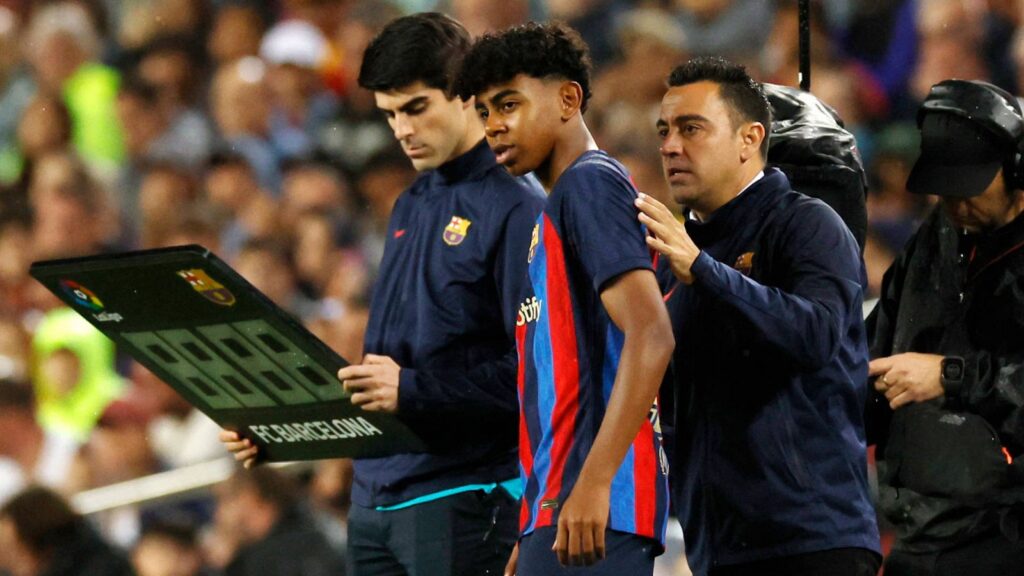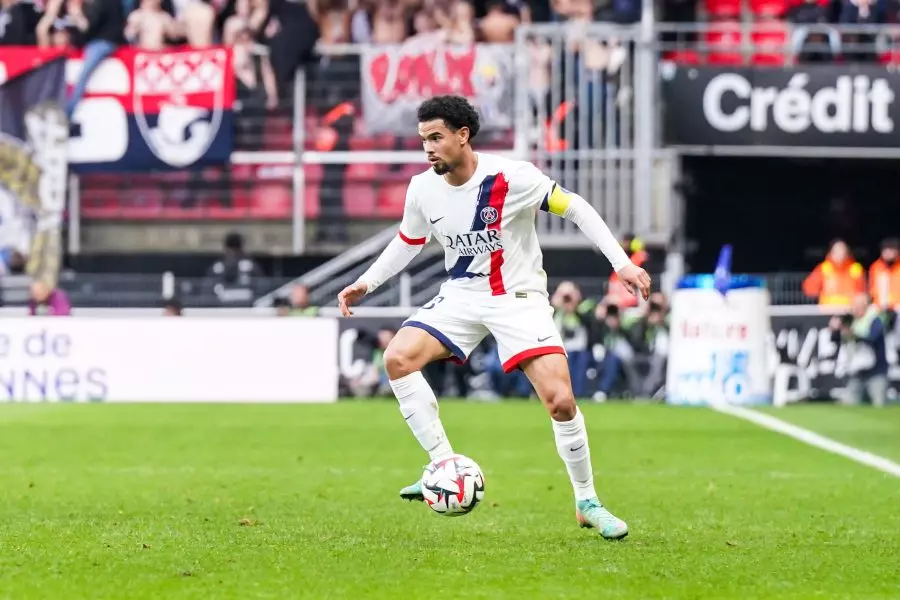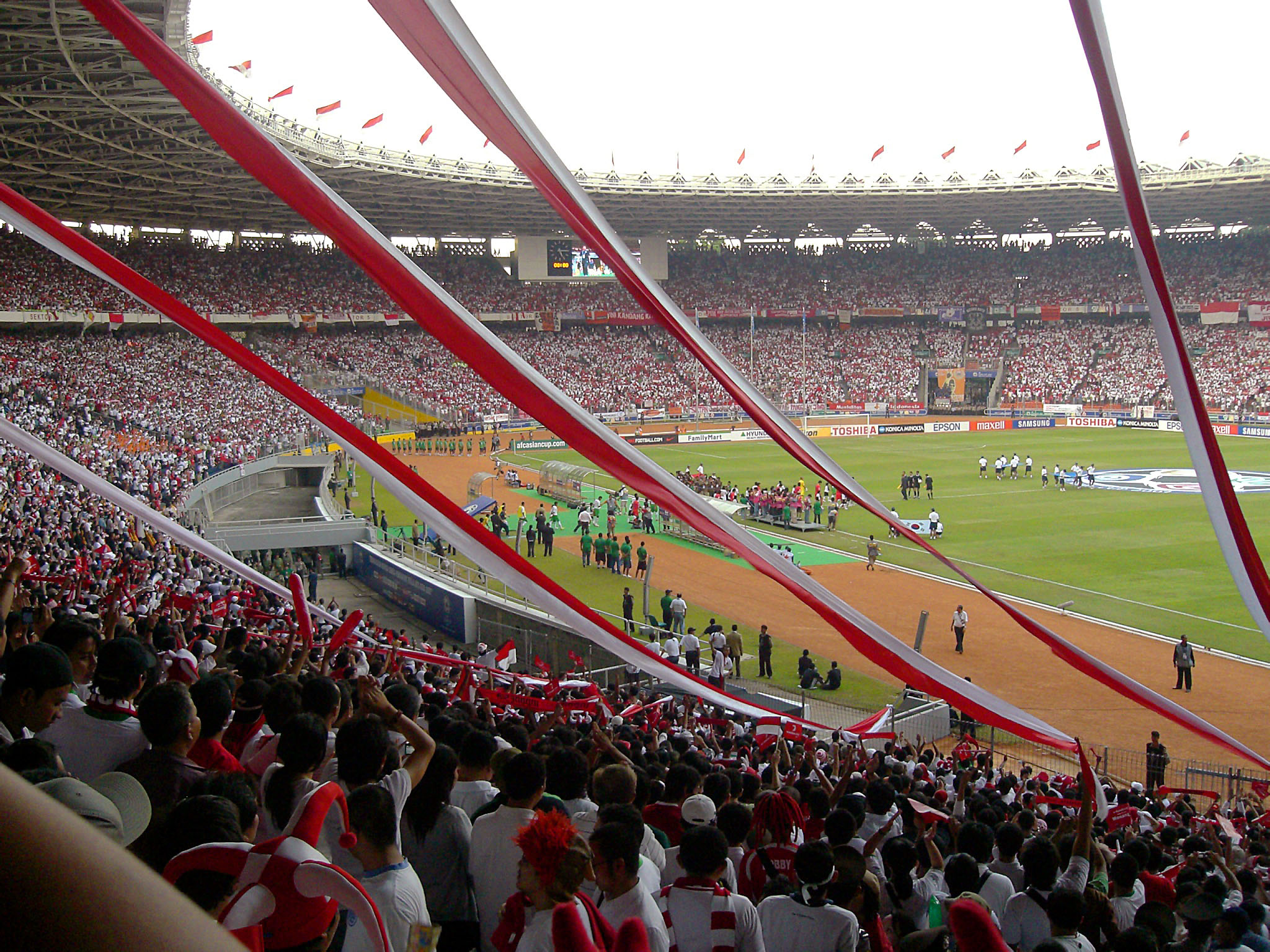In the past five years, professional football has undergone a quiet yet profound transformation: players are debuting earlier, consolidating earlier, and being transferred earlier. The average debut age in top leagues has dropped, driven by industry changes, scouting technology, and a race to discover the “next big thing” before the competition does.
Key Data on Younger Players
- Average debut age in 5 European leagues (2018 vs 2025):
- LaLiga: 22.1 → 20.2
- Premier League: 22.6 → 21.0
- Bundesliga: 21.9 → 19.8
- Ligue 1: 22.3 → 20.3
- Serie A: 23.0 → 21.4
- U-20 players with more than 1,000 minutes in 2024/25: estimated over 230 across Europe
- Average transfer value of players under 20: €7.1M in 2025 (est.) vs €3.8M in 2018
- Standout examples:
- Lamine Yamal (15 years old, LaLiga starter)
- Endrick (sold to Real Madrid at 16, likely debut in 2025)
- Zaire-Emery (PSG captain at 17, over 80 professional matches before turning 19)

COVID-19’s Impact on the Rise of Young Talent
The COVID-19 period (2020–2021) accelerated this trend for several reasons:
- Financial constraints: Clubs cut spending and leaned on youth players.
- Condensed calendars: Injuries and overload created more rotation.
- Reduced international visibility: Clubs focused on local/internal development.
- Cultural shift: Players like Ansu Fati and Musiala proved young stars can perform.
According to CIES, debut age significantly dropped between 2020 and 2022—a major turning point.
Causes Behind the Rise of Younger Players
- Tech-powered global scouting through platforms like Wyscout, Instat, and Scoutium.
- Market demand: Young players seen as long-term assets with resale value.
- Media exposure: Young talent gains following even before debut.
- Replicable success models: Bellingham, Pedri, and Gavi inspire imitation.

Risks and Dilemmas
- Early pressure can lead to burnout or injury.
- Skipping development stages affects long-term potential.
- Speculation inflates value of unproven talent.
EFC Recommendations for Clubs
- Evaluate mental and emotional maturity along with technical ability.
- Establish structured mentorship with senior players.
- Plan progressive development through managed minutes and responsibilities.
- Set up dedicated youth monitoring departments.
Conclusion
Youth plays an increasingly important role in professional football. But accelerating talent doesn’t mean rushing it. Clubs that balance long-term vision and personalized development will achieve greater sporting and financial returns.
⚽ EFC Can Help
Is your club ready to identify and nurture early talent effectively?
At EFC, we help design scouting and development strategies aligned with the realities of modern football.
👉 Visit elitefc.co to learn how we can help your club.





